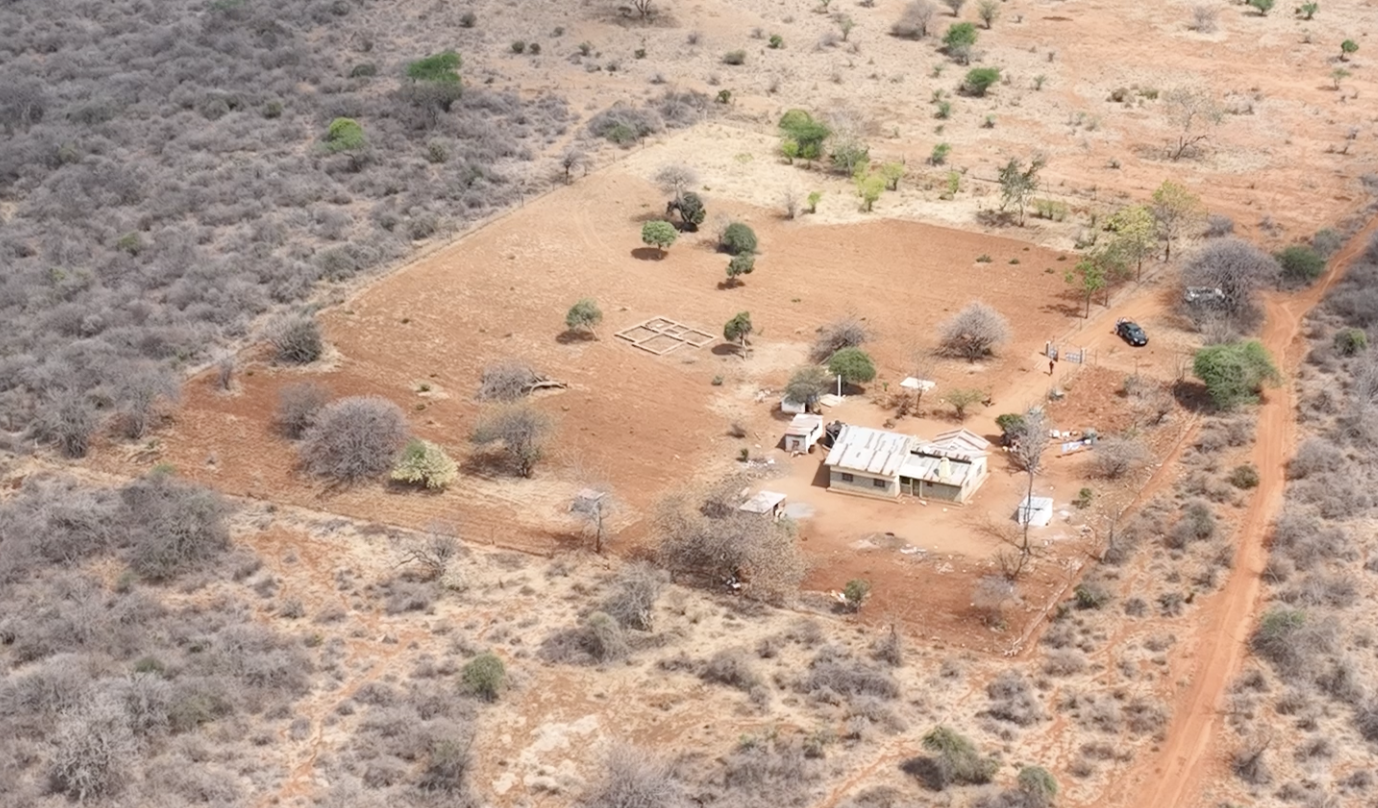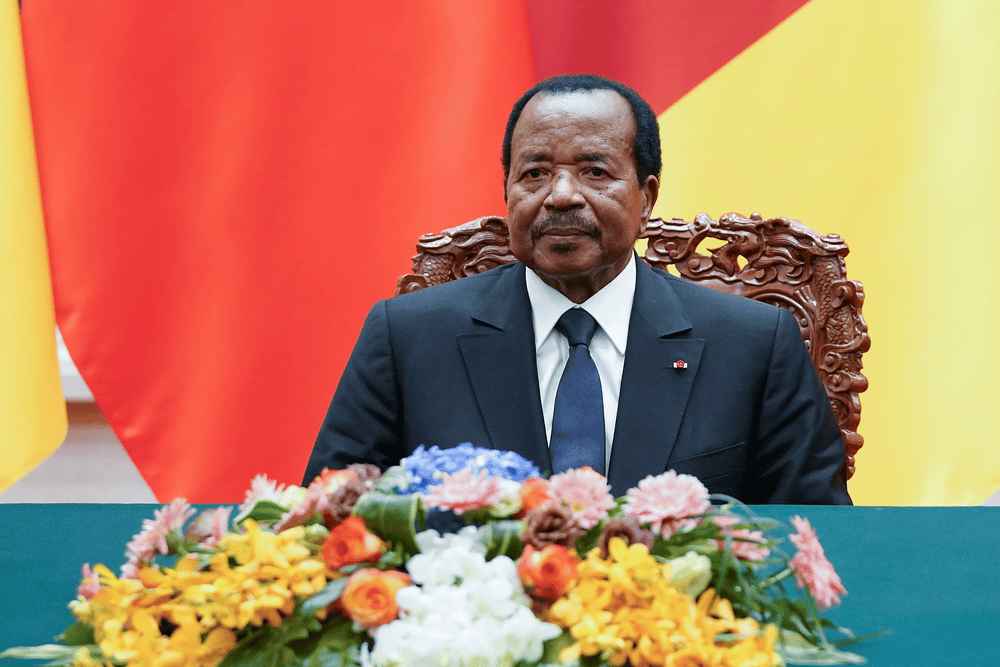Kenyan president’s pick for top prosecutor draws criticism

President Uhuru Kenyatta’s pick of a national intelligence officer to serve as Kenya’s top prosecutor drew criticism from lawyers and rights groups on Wednesday.
The president nominated Noordin Mohamed Haji to be director of public prosecutions and forwarded his selection to parliament for approval on Tuesday, along with his selection of Paul Kihara Kariuki as attorney general.
Critics said the choice of Haji, who is the deputy director of the national intelligence service and has no experience as a prosecutor, endangered the independence of the judiciary because the nominee is viewed as a Kenyatta administration insider.
“The holder of this office should not be someone of his background,” said activist Okiya Omtatah. “This is a red flag.”
“We are very concerned because he is not known within the legal profession,” said George Kegoro, executive director of the Kenya Human Rights Commission. “He is associated with the security establishment and he is a political insider.”
Kenyatta’s spokesman Manoah Esipisu told Reuters that he picked had the candidate from the three names recommended to him by the selection panel.
Among those short-listed were senior prosecutors, said Peter Kiama, head of the Independent Medico-Legal Unit, a Nairobi-based rights group.
The spokesman did not comment on the make-up of the short-list, the finalists nor the identify of those on the selection panel.
“Kenya needs an explanation as to why very experienced and able deputy prosecutors were not chosen for the position,” Kiama said.
Before joining Kenya’s intelligence service, Haji worked in the Attorney General’s office in the commercial law department, according to Isaac Okero, president of the Law Society of Kenya.
“His exposure to the practice of criminal law seems to have been very limited,” he said.
The government’s adherence to the law was questioned last month after it declined to obey court orders related to a crackdown on opposition figures and the shutdown of TV stations following the mock swearing-in of opposition leader Raila Odinga.
Kenyatta and the judiciary also clashed publicly last September after the Supreme Court nullified his initial election on August 8 and ordered a re-run, which he won.
The extended elections season blunted economic growth in the region’s richest economy and left 100 people dead, mostly from clashes between police and opposition supporters.






